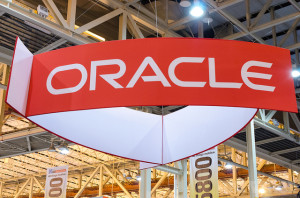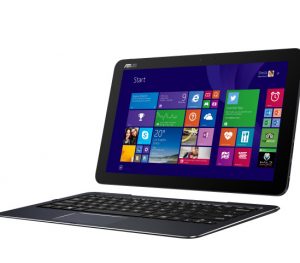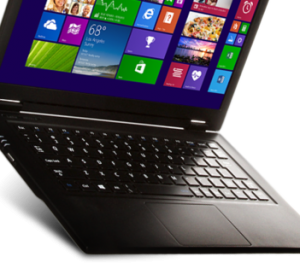 Oracle and ARM are working together to make the Java programming language more suitable for ARM processors, in order to encourage its use for embedded systems and enterprise software.
Oracle and ARM are working together to make the Java programming language more suitable for ARM processors, in order to encourage its use for embedded systems and enterprise software.
The work will customise the Java Platform, Standard Edition (Java SE) for ARM 32-bit platforms, making it more suitable for embedded systems, and the Java SE for ARMv8 64-bit platforms, where it could be used to build enterprise software and networking firmware to run on ARM servers and networking gear.
While Java was originally developed to work across different platforms, the new work will focus on improving the throughput and scalability of Java applications on ARM multicore systems.
In the market for embedded systems, Java could play a role in the emerging, so-called Internet of things, where it could be used in conjunction with energy-efficient ARM chips to build industrial control and factory automation systems.
As ARM pitches its processors as an energy-efficient alternative to x86 chips for servers, a boost in the one of the chief programming languages and runtime environments for enterprise software could help attract more organisational customers.
An optimised Java Virtual Machine (JVM) could enhance performance of enterprise Java systems on ARM multi-core systems in a number of ways, according to ARM. Boot-up times could be cut and more power could be saved through the additional work.
“A diverse, optimized software ecosystem must be in place to support these systems. This extended relationship with Oracle to enhance Java SE is an important step in growing the ARM ecosystem,” said Ian Drew, an ARM chief marketing officer and executive vice president for business development, in a statement.
Although ARM did not specify what work specifically the two companies would do, Java and ARM are no strangers. Oracle, and former Java owner Sun Microsystems, have been working on making Java and ARM compatible since 1996, when ARM helped port the JavaOS to the ARM architecture.
The company has done a lot of work with setting standards for Java in the embedded market in particular. ARM engineers have served on the Java Embedded Microprocessor Benchmark Consortium (EEMBC) subcommittee, which helps establish benchmark metrics for the embedded market, as well as on the Java Community Process Executive Committee, which helps to outfit Java for the embedded systems.











